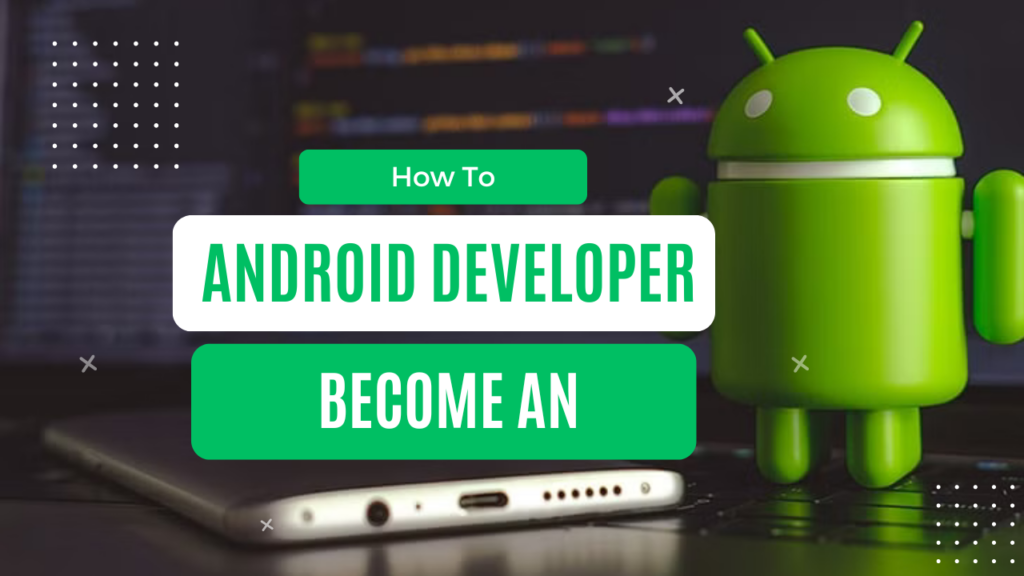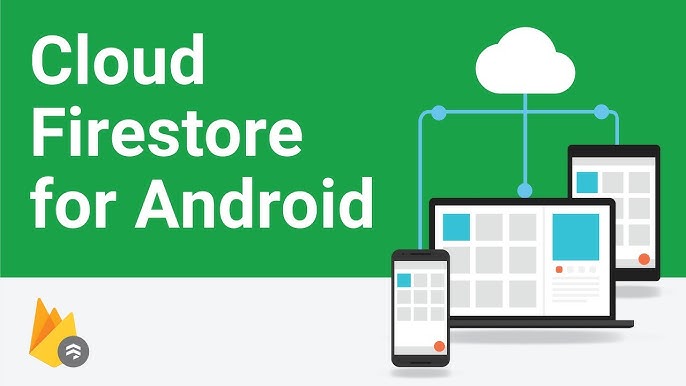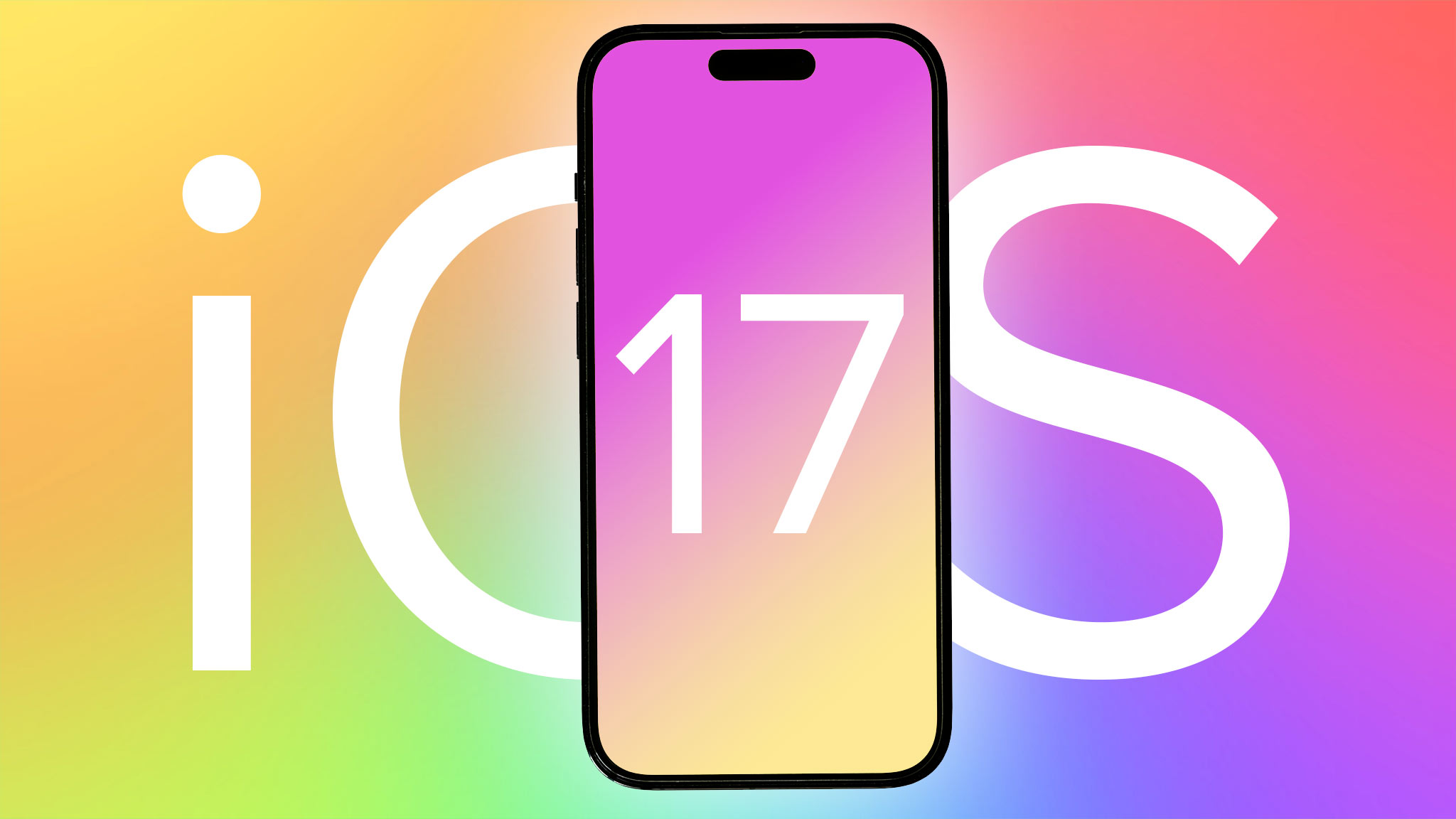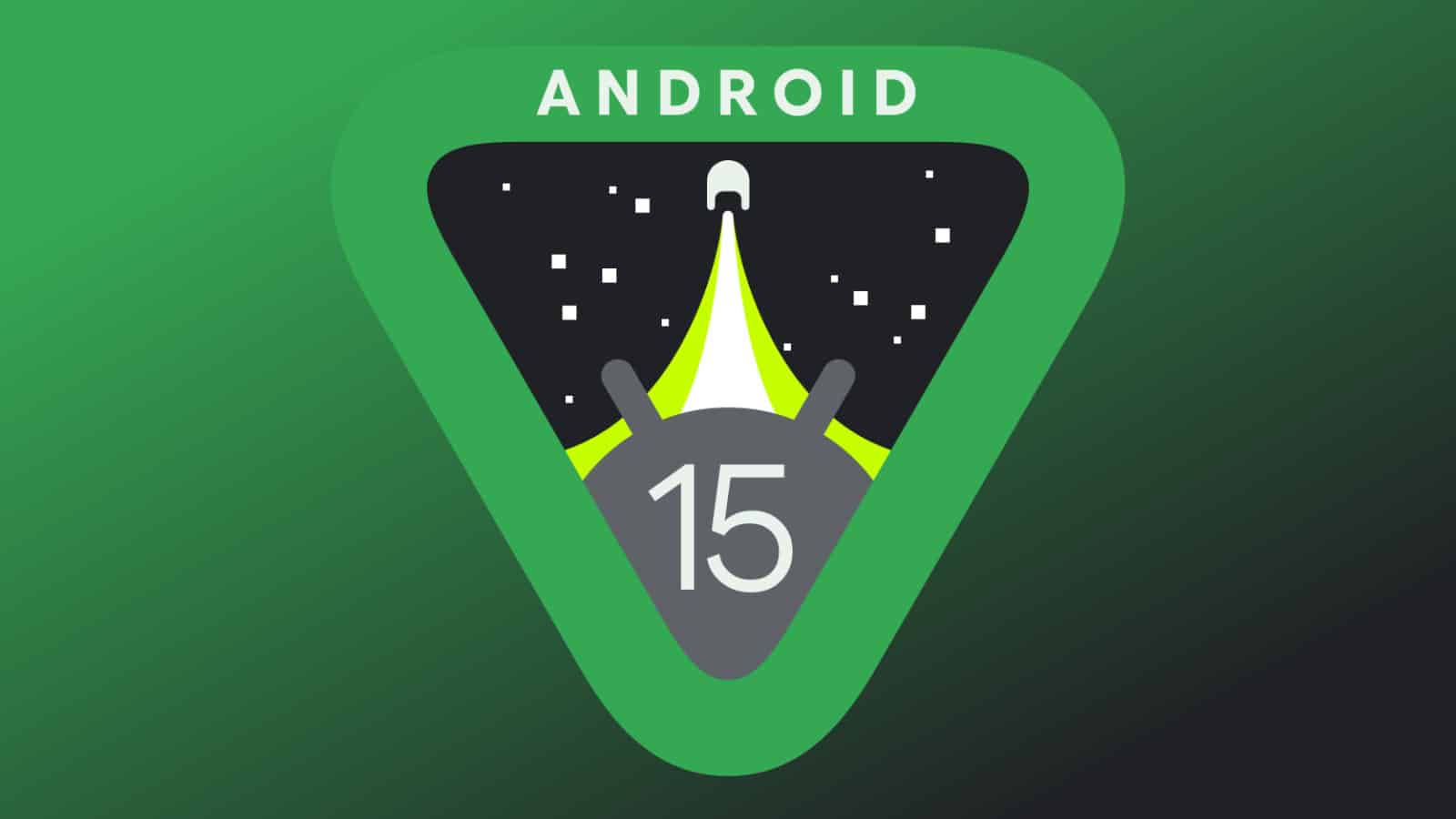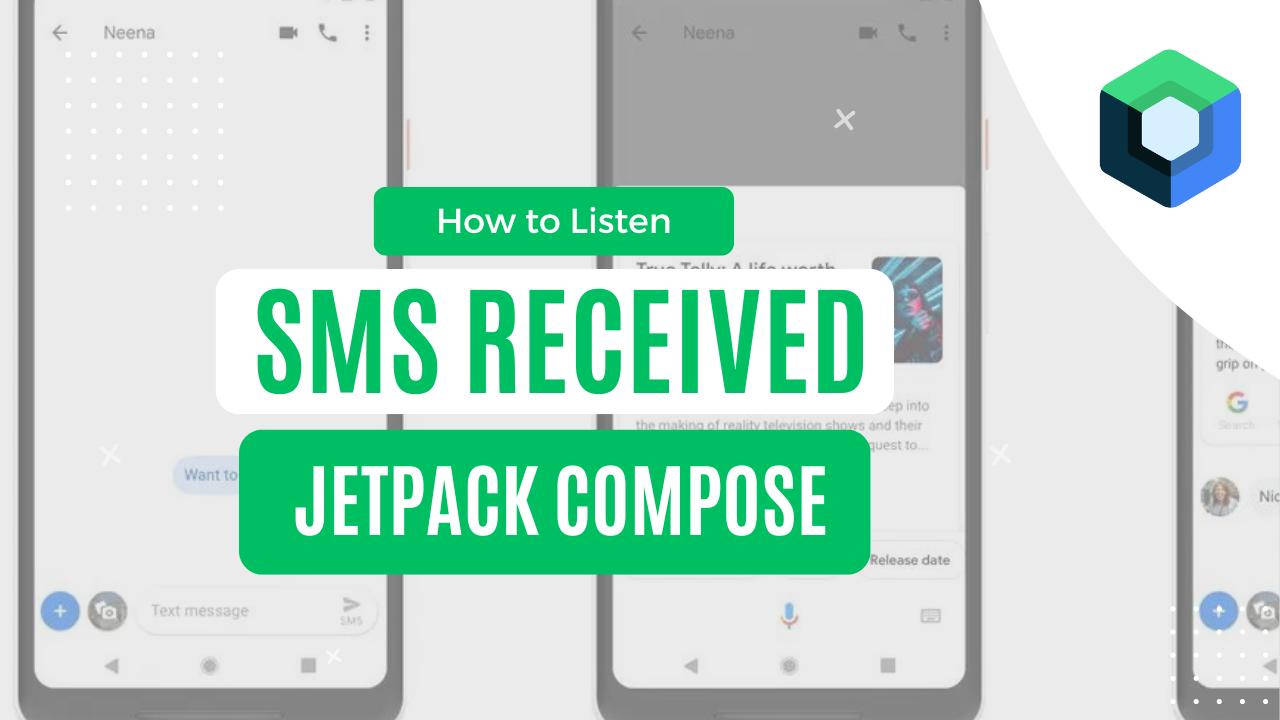Becoming an Android developer is a lucrative career path in today’s tech-driven world. Android is one of the most popular mobile operating systems, powering millions of devices globally. In 2024, the skills and steps to becoming an Android developer have evolved with modern technologies. This comprehensive guide will walk you through everything you need to know to start your journey as an Android developer.
What is an Android Developer?
An Android developer is a software professional responsible for developing applications for devices running the Android operating system. These applications run on smartphones, tablets, and even wearables. Android developers handle the entire process, from design to functionality.
Responsibilities of an Android Developer
The responsibilities of an Android developer vary depending on the project, but the core tasks include:
- Managing the design and development process for Android applications.
- Analyzing client requirements and working with product managers to define project needs.
- Optimizing the app for performance and quality.
- Ensuring the app’s compatibility across multiple Android devices and versions.
- Debugging and fixing issues that arise during app deployment.
- Providing software solutions that meet the project’s constraints and interface requirements.
Career Levels of an Android Developer
The Android developer career path is generally divided into three levels: Junior, Middle, and Senior. Understanding these levels is crucial for determining responsibilities and salary expectations.
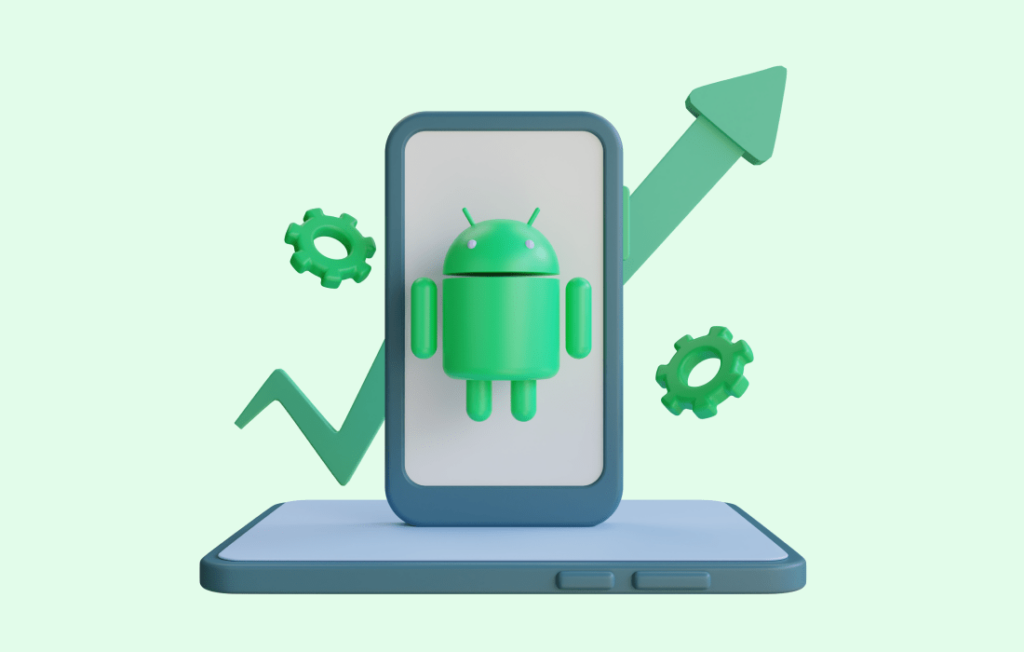
What Junior Android Developers Should Know
Junior Android developers typically have 0-2 years of experience and work under the guidance of more experienced developers. They are proficient in basic Kotlin/Java and can handle simple tasks within a project.
Required Skills:
- Git, Kotlin/Java
- Retrofit 2, RESTful, JSON
- Gradle, Android Studio, Android SDK
- Basic OOP principles and Android Jetpack
What Middle Android Developers Should Know
Middle developers have 3-8 years of experience and are capable of handling more complex projects, often taking on leadership roles within a team. They can work independently, but also mentor junior developers.
Required Skills:
- Advanced Kotlin/Java programming
- Android Jetpack UI, MVP, MVVM
- API integration, SQLite, Glide, Picasso
- Agile methodology (Scrum, Kanban)
What Senior Android Developers Should Know
Senior Android developers have 8-15 years of experience and lead major projects. They are responsible for mentoring both junior and middle-level developers and often act as team leads or project managers.
Required Skills:
- Kotlin and Java Expertise: Proficiency in both languages, with a focus on Kotlin for Android development.
- Android SDK and Architectures: Deep understanding of Android SDK, UI components, and architectural components like ViewModel and LiveData.
- Architectural Design Patterns: Familiarity with MVC, MVP, MVVM, and Clean Architecture.
- RESTful APIs and Networking: Experience with APIs, JSON, and libraries like Retrofit and Volley for network calls.
- Dependency Injection: Knowledge of libraries like Dagger or Hilt for managing dependencies.
- Database Management: Proficiency in local data storage and management using SQLite and Room.
- Testing and Performance Optimization: Ability to perform unit testing with JUnit and UI testing with Espresso, while optimizing app performance.
- Git and CI/CD: Expertise in Git and familiarity with CI/CD tools like Jenkins and GitHub Actions.
- UI/UX Design and Responsive Layouts: Ability to create responsive UI for different devices and screen sizes while following security best practices.
- Project Management and Mentorship: Experience with Agile methodologies, leading teams, and mentoring junior developers.
Educational Requirements for Becoming an Android Developer
There is no formal education requirement to become an Android developer, but having a degree in Software Engineering or Computer Science can be advantageous. Additionally, there are plenty of online courses and bootcamps that offer Android development training. I give these trainings on my site, you can follow them. If you would like to follow my blog newsletter, you can follow it below.
In 2024, Android developers should be familiar with the following key technologies:
- Java and Kotlin programming languages
- Android SDK and Android Studio
- Modern UI tools like Jetpack Compose
- Working with APIs and background services
Steps to Becoming an Android Developer in 2024
Learn Programming Languages
Start by mastering Java and Kotlin, the two core programming languages used in Android development. Kotlin is preferred for its modern syntax and ease of use.
Master Android SDK and Android Studio
Learn the fundamental tools of the Android ecosystem. Use Android Studio to develop and test your projects.
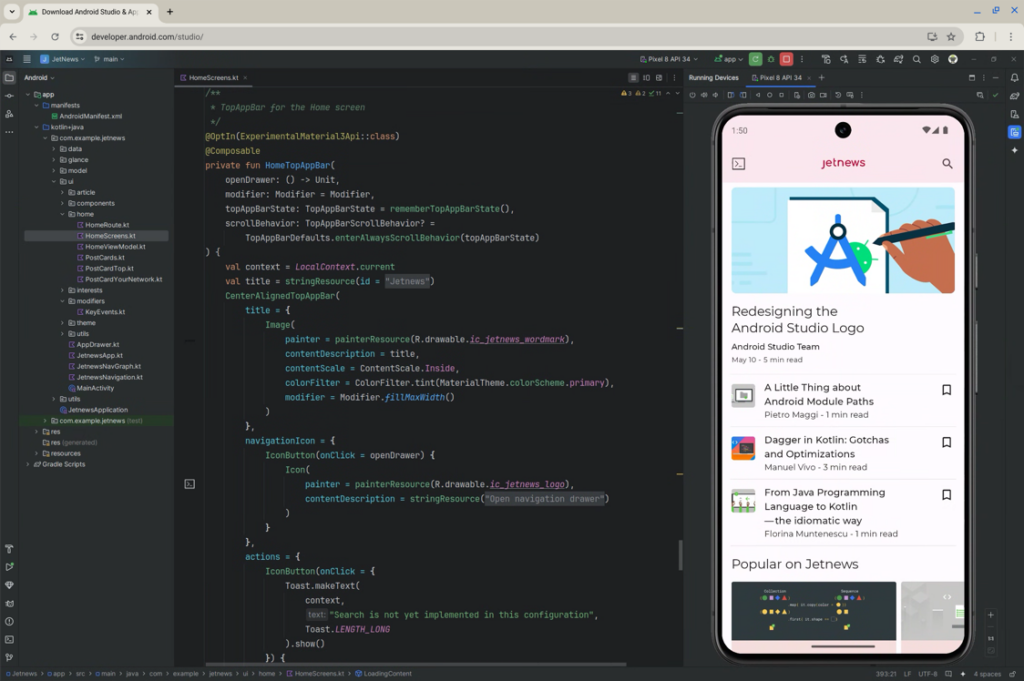
Use Jetpack Compose and Modern UI Tools
Jetpack Compose simplifies and modernizes the UI development process. Embrace this tool to build cleaner and more manageable interfaces.
Develop Apps and Build Your Portfolio
Create your own projects and showcase them to potential employers. Publish your apps on the Google Play Store to gain real-world experience and user feedback.
Career Opportunities for Android Developers
In 2024, Android developers have the opportunity to work as freelancers or find roles in major tech companies. To advance in this field, it’s crucial to stay updated on the latest technologies and continuously refine your skills. It is also essential to create a good network with a good LinkedIn account. You can follow me on Linkendin.
Conclusion
Becoming an Android developer requires a unique set of skills and a commitment to staying current with the latest technologies. With the right tools and knowledge, you can build a successful career in the Android ecosystem. Follow this guide to start your journey in Android app development.
